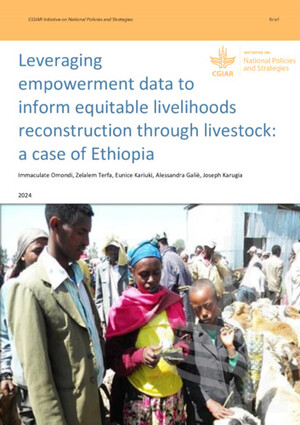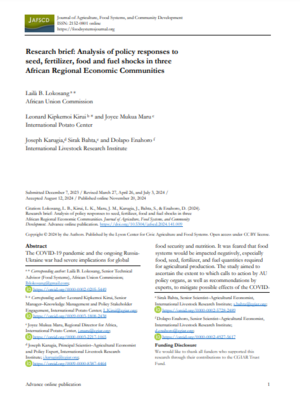Challenge
The need to make food, land, and water systems more productive, resilient, and responsive to growing demand — and future shocks — has never been greater. Approximately three billion people cannot afford a healthy diet, and more than three billion suffer one or more manifestations of poor nutrition. Food systems are exerting increasing pressure on land and water systems, and it is likely that they are already operating beyond key planetary boundaries. But in the absence of combined ‘ministries for food systems’, government action towards achieving the Sustainable Development Goals through better integration of food, land, and water systems remains fragmented and uncoordinated.
More coordinated action requires greater policy coherence that can address complex trade-offs and maximize benefits. More coherence will help reduce future risks and uncertainties. It will also help transform food, land and water systems by supporting sustainable investments, effective national programming, and reduced inequalities.
Objective
This Initiative aims to build new understanding and capabilities across and within different policy arenas to identify and respond to windows of opportunity for systemic change across water, land and food systems.
It will support policy processes and equip policymakers to anticipate and drive forward transformational change while accounting for trade-offs and differing needs.
















